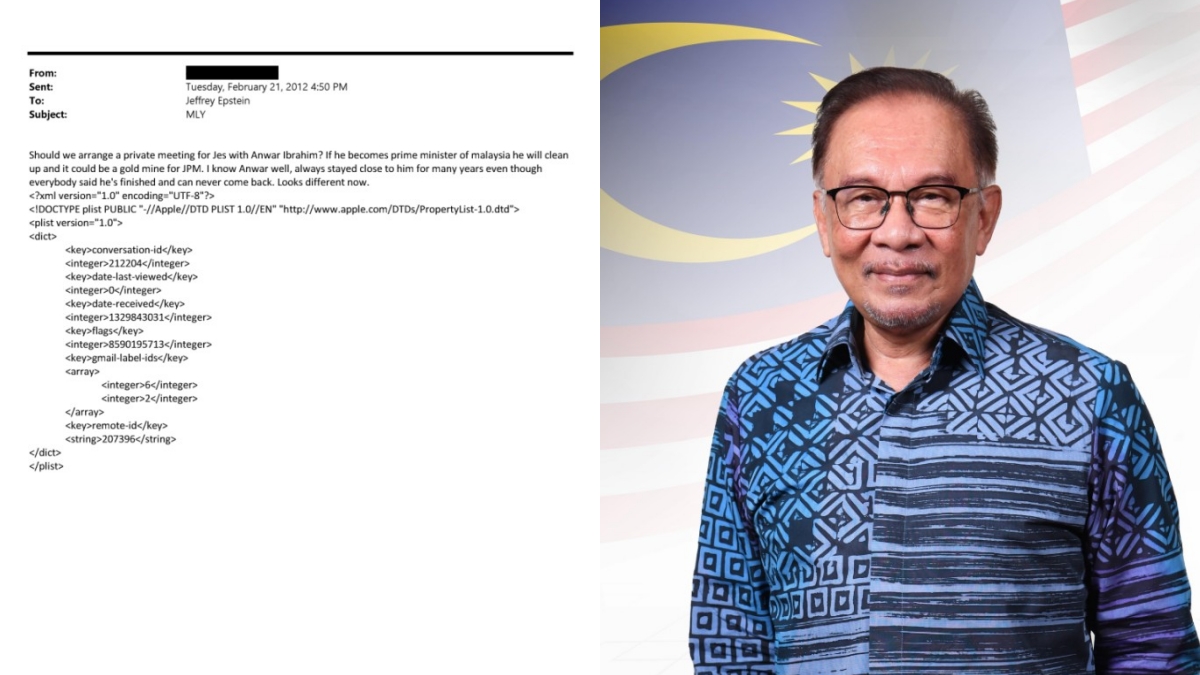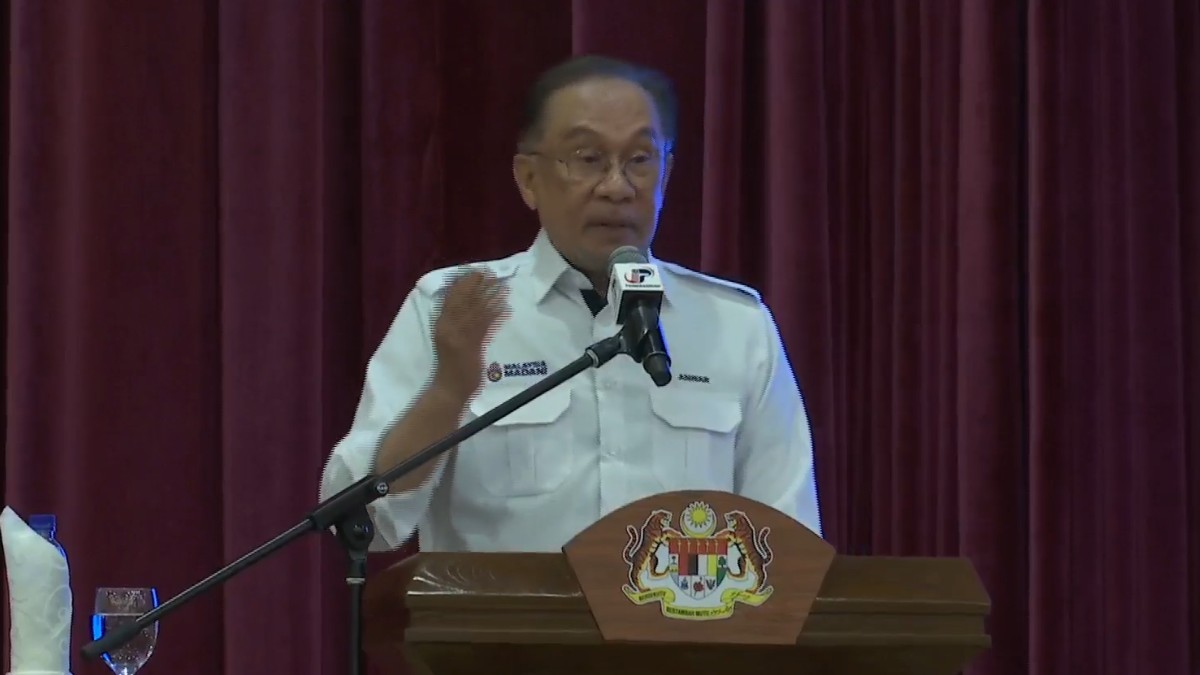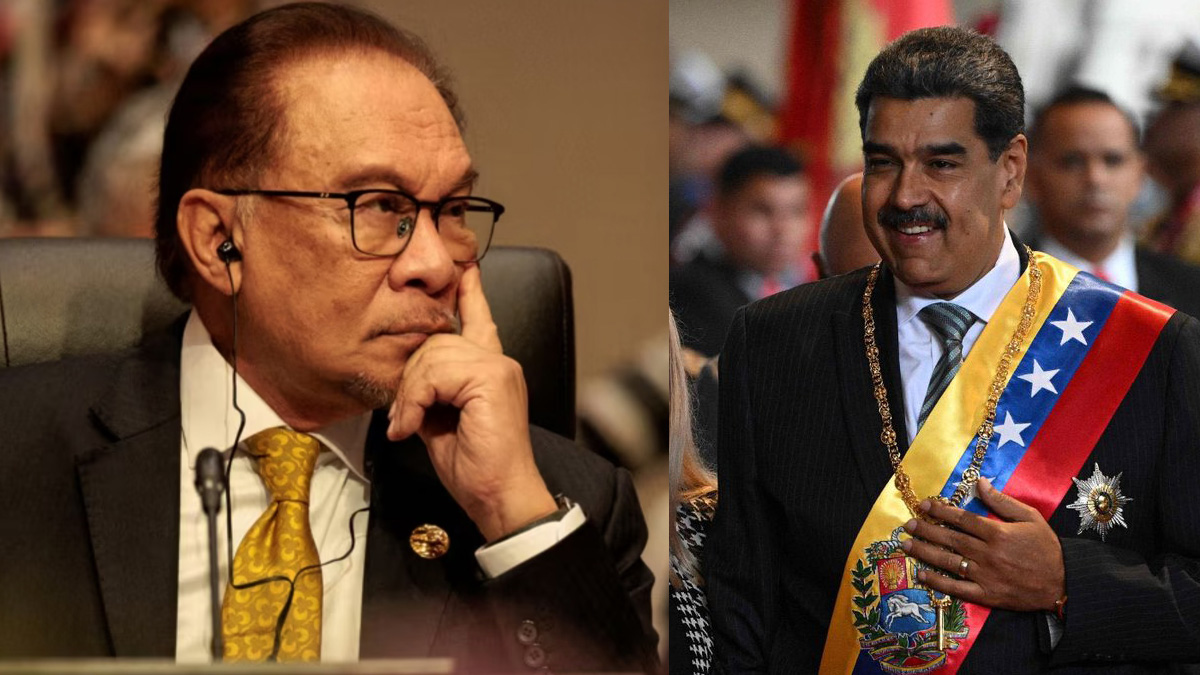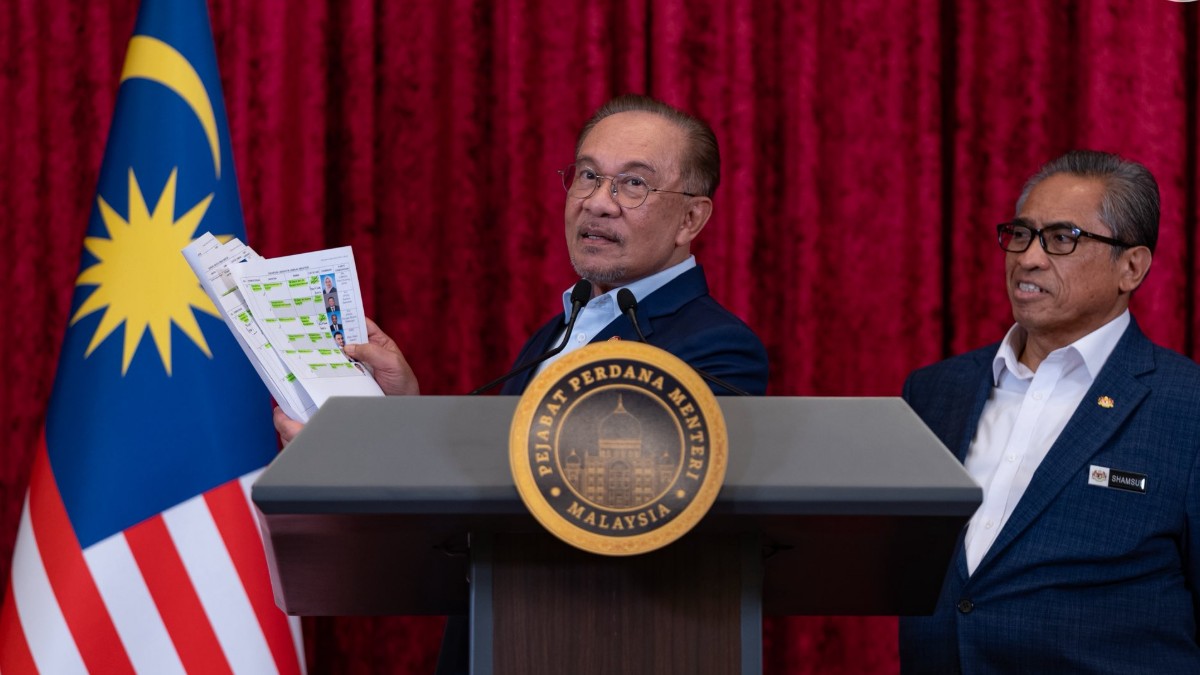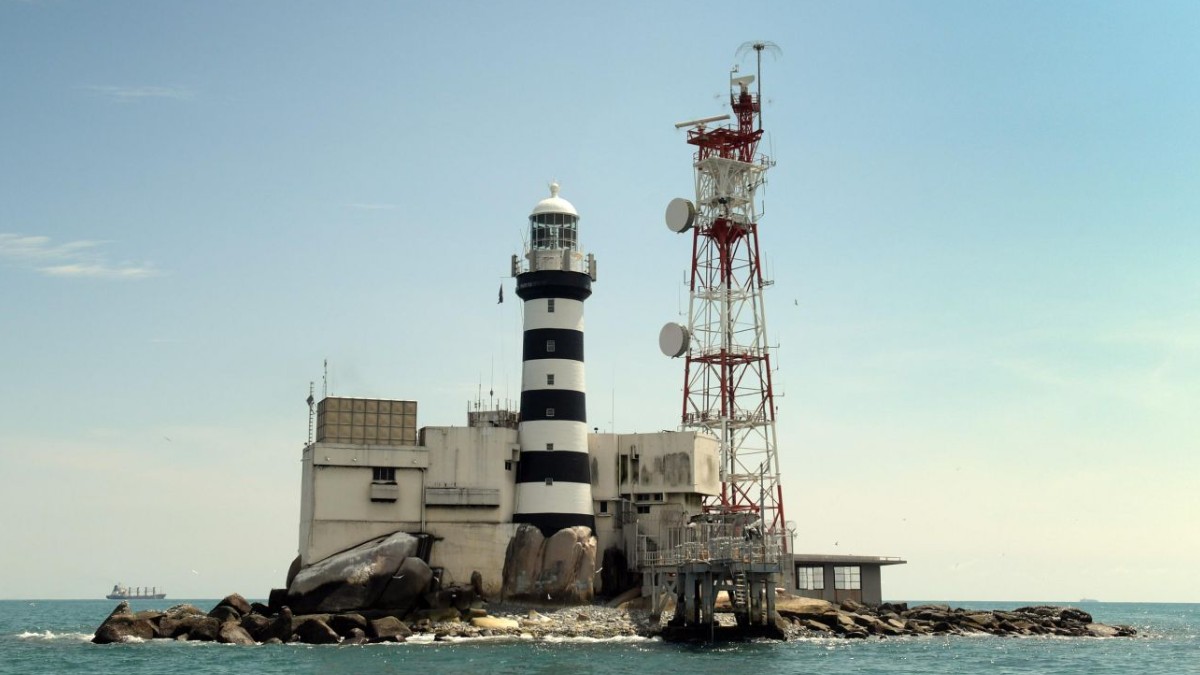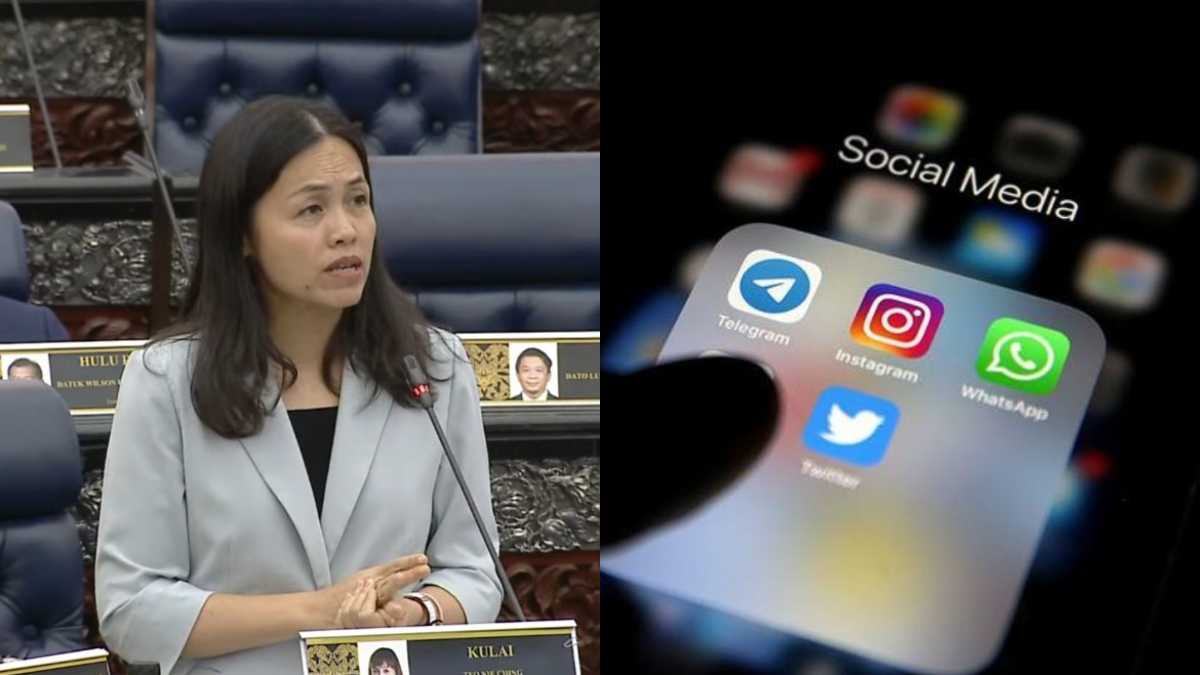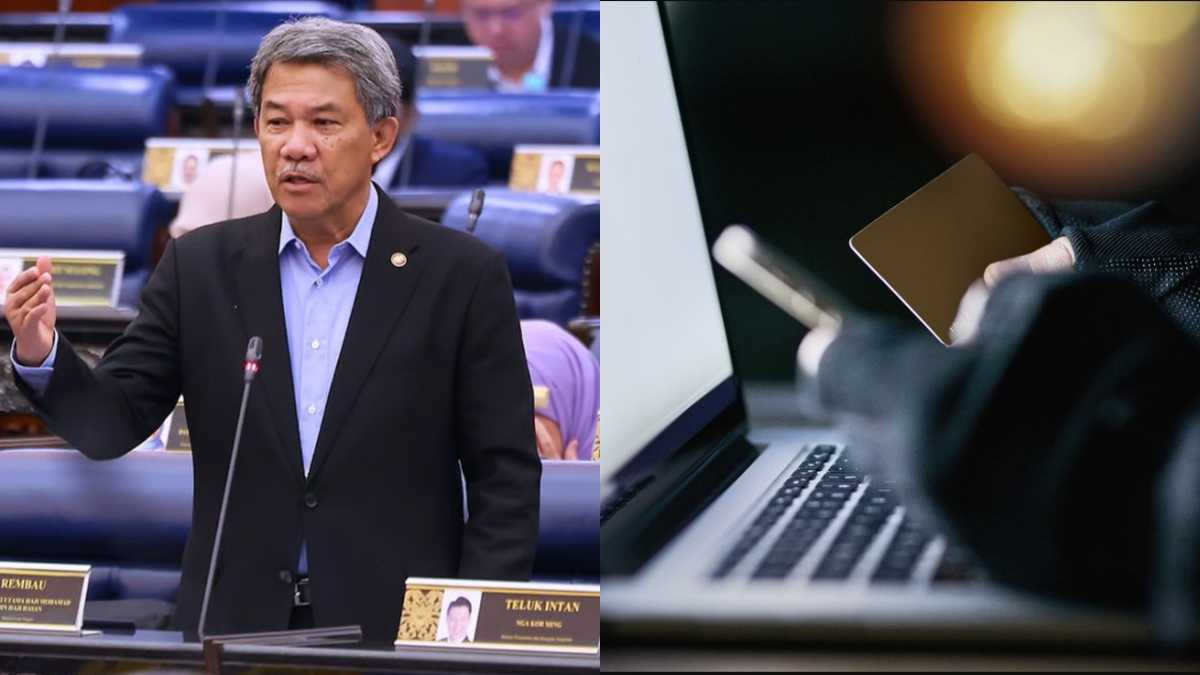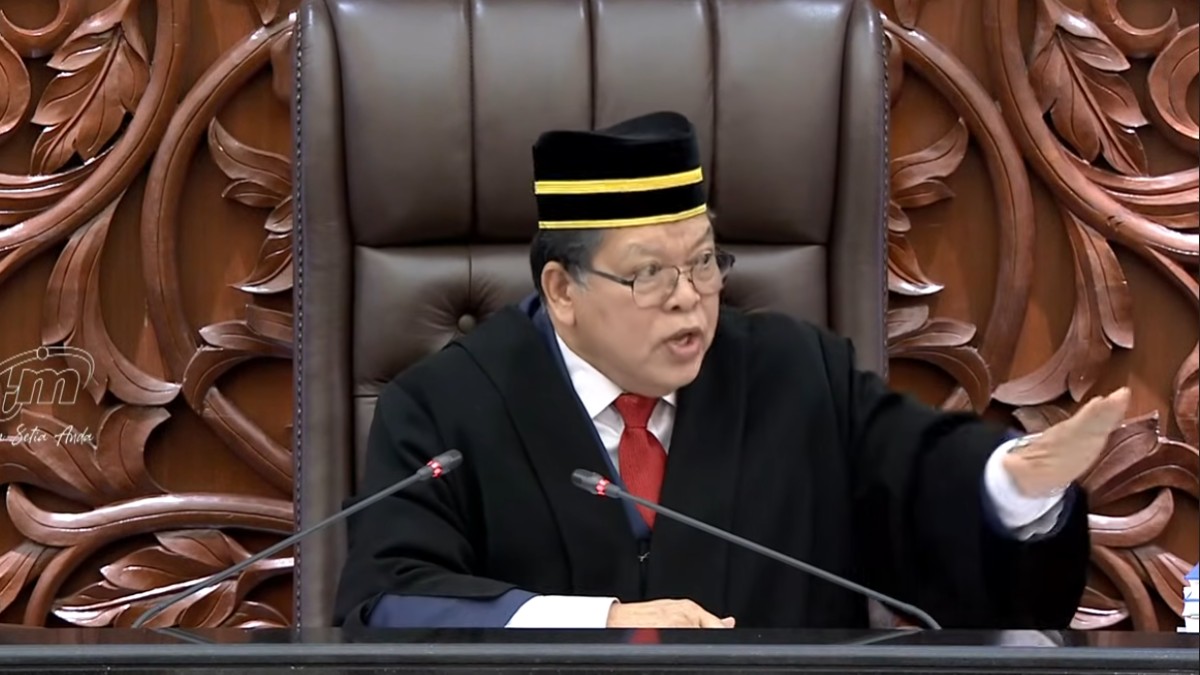Malaysia’s Prime Minister rejects claims that US trade pact compromises sovereignty
Prime Minister Anwar Ibrahim has dismissed claims that Malaysia’s trade agreement with the United States threatens national sovereignty, insisting the ART framework preserves policy freedom on rare earths, semiconductors and currency matters.
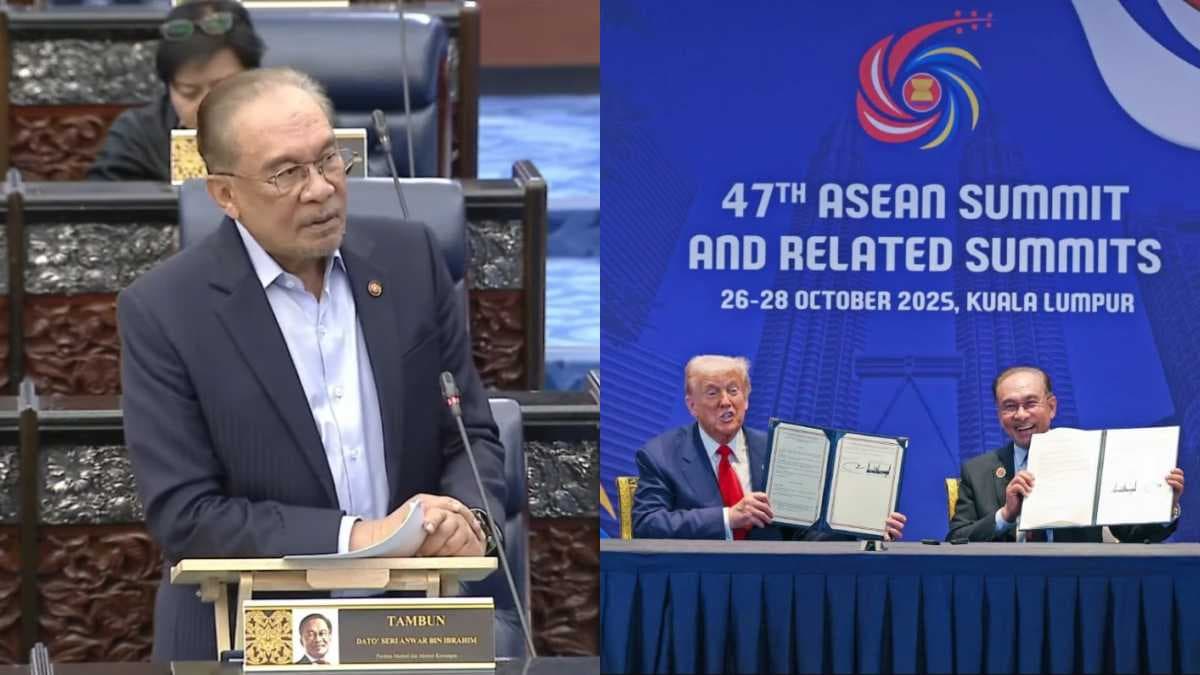
- Prime Minister Anwar Ibrahim rejected claims that Malaysia’s Reciprocal Trade Agreement (ART) with the United States undermines national sovereignty.
- He said Malaysia retains freedom to pursue REE, semiconductor and currency partnerships with other countries.
- Opposition questions focused on monetary policy space and data-sharing obligations under ART.
KUALA LUMPUR, MALAYSIA: Prime Minister Anwar Ibrahim has rejected claims that Malaysia’s Reciprocal Trade Agreement (ART) with the United States compromises national sovereignty.
He told the Dewan Rakyat (House of Representatives) on 18 November 2025 that such allegations were inaccurate and alarmist.
According to his parliamentary remarks, critics had misread consultation requirements involving rare earth elements (REE), semiconductors and local-currency transactions.
He said these provisions did not prevent Malaysia from pursuing partnerships with other countries.
Anwar cited ongoing REE cooperation with South Korea on a super magnet plant in Kuantan. He also highlighted arrangements between Khazanah Nasional and China on REE processing, which he said continued without hindrance.
He explained that Washington required Malaysia to notify the United States on certain REE-related developments.
According to him, the government complied transparently, including informing China about Malaysia’s engagements with both the United States and South Korea.
Anwar added that the broader context of the agreement mattered when interpreting its clauses.
He said global pressure from the United States was relatively strong because countries sought to avoid excessive tariffs.
He stressed that Malaysia’s “independence or dignity” was not compromised. He maintained that actual policy practice showed the country remained free to advance its economic partnerships.
The session also saw extensive questioning from Pendang Member of Parliament Awang Hashim.
According to his statement in the House, he sought clarification on the joint statement issued by the United States Department of the Treasury and Bank Negara Malaysia on 26 and 28 October 2025.
He asked whether Malaysia was now restricted from using the ringgit’s exchange rate for competitive purposes.
He argued that such limits could reduce the nation’s ability to protect its export sector during economic stress.
He further questioned whether government-linked investment institutions were barred from making overseas investment decisions that might affect the ringgit.
He said this could amount to external control over sovereign investment decisions.
Awang also raised concerns about whether Bank Negara Malaysia must disclose sensitive information on net foreign-exchange operations to the United States Treasury.
He said this could create information asymmetry detrimental to Malaysia’s economic interests.
He concluded by asking whether the ART reduced Malaysia’s ability to manage the ringgit according to national priorities.
He warned that any loss of monetary policy space would require transparent explanation.
In response, Anwar urged MPs to interpret the agreement holistically.
He rejected the view that consultation requirements equated to American approval rights.
According to Anwar, semiconductor provisions also remained balanced. He said American firms operating in Malaysia must comply with their domestic export controls on China.
However, he noted that companies from Germany or China remained free to export to China from Malaysia.
On local-currency use, Anwar said Malaysia continued currency-denominated trade with China, Thailand and Indonesia. He stressed that these arrangements persisted despite United States concerns about possible economic sabotage.
He said the United States requested to be notified, but Malaysia retained policy freedom. He added that minor wording reviews in the agreement were acceptable but did not change the fundamentals.
Addressing monetary policy concerns, Anwar pointed to longstanding IMF Article 4 consultations.
He said these annual reviews had been in place since independence and did not restrict Bank Negara Malaysia.
He stressed that the United States often voiced strong positions on global issues, including REE, semiconductors and China-related economic frameworks.
He noted that the United States also opposed Malaysia's involvement in various international groupings.
According to Anwar, Malaysia continued attending BRICS-related and other global forums. He said this demonstrated that the country had not ceded decision-making power to external parties.
He affirmed that trade and cooperation with China remained robust, including major infrastructure projects such as water supply initiatives linked to Sungai Perak. He said the ART did not hinder these developments.
Anwar concluded by reaffirming that Malaysia had not relinquished sovereignty, adding that scrutiny was welcome but must be grounded in factual interpretation of the agreement.


